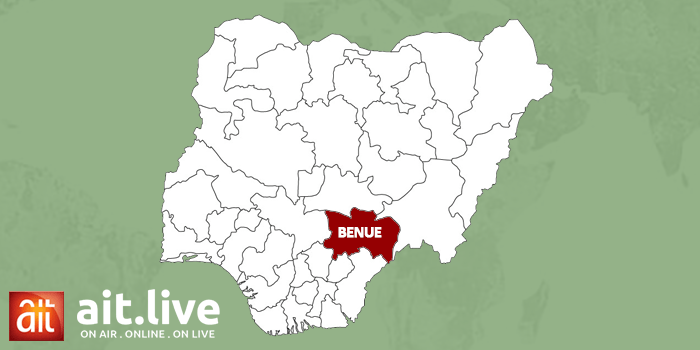The Benue State government has confirmed the outbreak of rabies virus in Kwande and Gboko Local Government Areas of the State in the North Central region of Nigeria.
The Director-General, Benue Bureau of Livestock Development and Transboundary Animal Diseases Control, Aondoakaa Asambe, made the disclosed in a statement to the Press on Tuesday.
Asambe said the Bureau received reports of suspected rabies virus cases after a dog bite incident affecting multiple individuals in Adikpo, Kwande, and Gboko LGAs.
He explained that, in total, 7 persons were bitten by 2 dogs, adding that the government has commenced contact tracing to identify those involved.
The Director-General said investigations revealed that the infected dog in Adikpo was sold to vendors to process for consumption.
According to Asambe the dog’s head was retrieved and submitted to the National Veterinary Research Institute in Vom, Plateau, where laboratory results confirmed the presence of the rabies virus.
The DG said this outbreak serves as a sobering reminder of the need for urgent action to meet the WHO’s 2030 target to eliminate dog bite-transmitted rabies.
He said the result also showed that the dog bite in Gboko LGA is also a case of rabies.
In response to the outbreak, the D-G said the Bureau, in collaboration with the One Health Development Initiative and other critical stakeholders, has taken steps to address the health challenge.
Accordingly, tracing and identification of exposed individuals for immediate medical intervention, community sensitisation campaigns to raise awareness about rabies prevention and control have commenced.
Also, the ring vaccination of dogs in Adikpo and the launch of a mass anti-rabies vaccination campaign across Kwande and Gboko to curb the spread of the disease is ongoing.
The Director-General noted that the interventions became necessary following the critical role dogs play in rural areas as companions, security providers, and contributors to livelihoods (hunting).
He said the interventions aim to address the current outbreak and strengthen long-term preventive measures.
“Looking ahead, the bureau is committed to draughting and implementing a subnational rabies eradication plan, which will guide our coordinated efforts to achieve a rabies-free Benue state by 2030.
“We call on all pet owners to vaccinate their dogs and cats against rabies as required by law. The bureau will continue to provide the necessary support to ensure the success of the vaccination programme.” the statement noted.
He urged the residents of the State to be vigilant and report any suspected rabies cases in animals to the nearest veterinary office or local authorities. Additionally, anyone bitten or scratched by a dog or other animals should seek medical attention immediately.
He commended OHDI for their support and other partners’ contributions to collectively eradicate rabies in Benue State and beyond.
Editor: Ken Eseni








